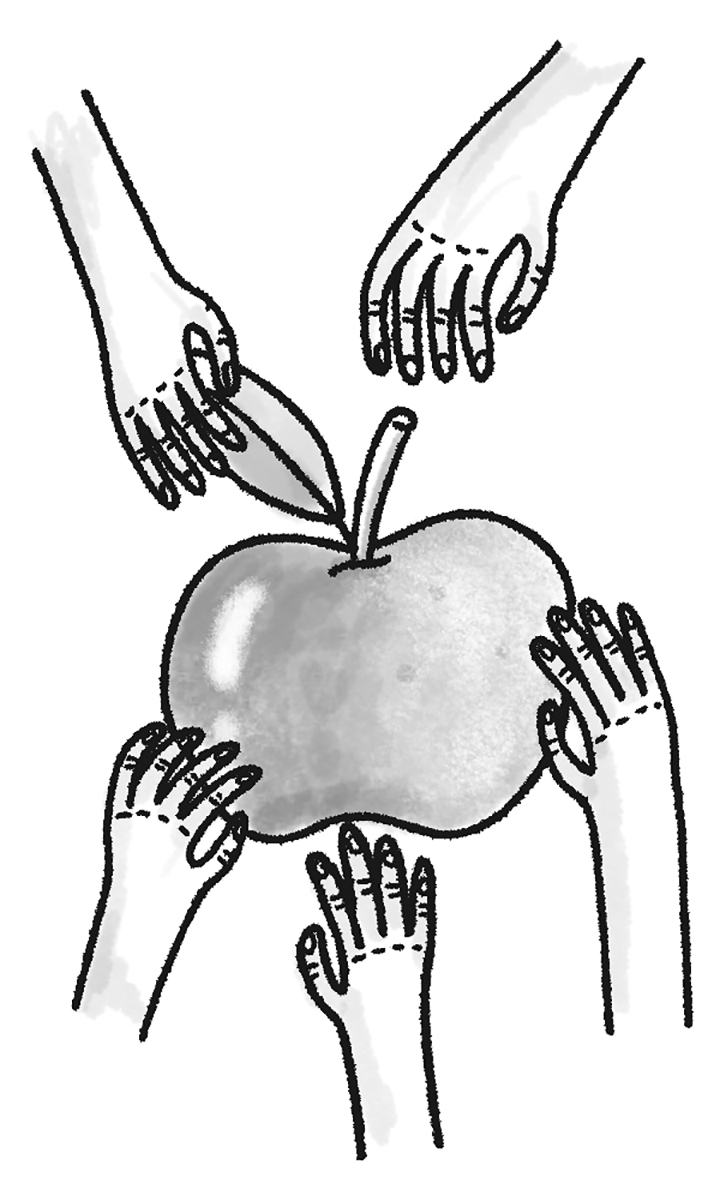A year’s worth of layoffs, job eliminations and shutdowns due to COVID has increased pressure on social agencies to provide food to needy Edmontonians.
Demand is up and that has meant more agencies, even ones that don’t directly address food security, are providing hampers to those who need them. Agencies such as the Somali Canadian Education and Rural Development Organization and the African Diaspora COVID-19 Response have been providing hampers, as has the John Humphrey for Peace and Human Rights.
Edmontonians helping Edmontonians is definitely a good news story, but the outpouring of generosity is creating a scramble to create an accurate count of just how many people in the city are food-insecure.
“We are trying to get a handle on how many people are regularly accessing food hampers,” says Susan Morrissey, the executive director of the Edmonton Social Planning Council.
In fact, she says the City of Edmonton has struck a committee looking to gather the numbers.
In May of 2020, Statistics Canada reported that nearly 15 per cent of people living in this country are food-insecure.
According to the United Nations’ definition of the term, “food security” means that people have access to food that isn’t restricted by cost, distance or cultural barriers. Basically, food is available close by, always available and affordable.
Morrissey said COVID “is shining the spotlight on the vulnerable.” As the virus forces people out of work, prices at the grocery stores are rising. These are adding to trends regarding food affordability and access that ESPC was seeing
pre-pandemic.
“When you are making the minimum, and 30 per cent of what you make goes to paying your rent, there’s not enough left over for good, nutritious food,” she says. “We’ve had people tell us that they have to make choices about what they can eat or can’t eat, like needing to go vegetarian because they can’t afford meat this month.”
This article appears in the April 2021 issue of Edify
